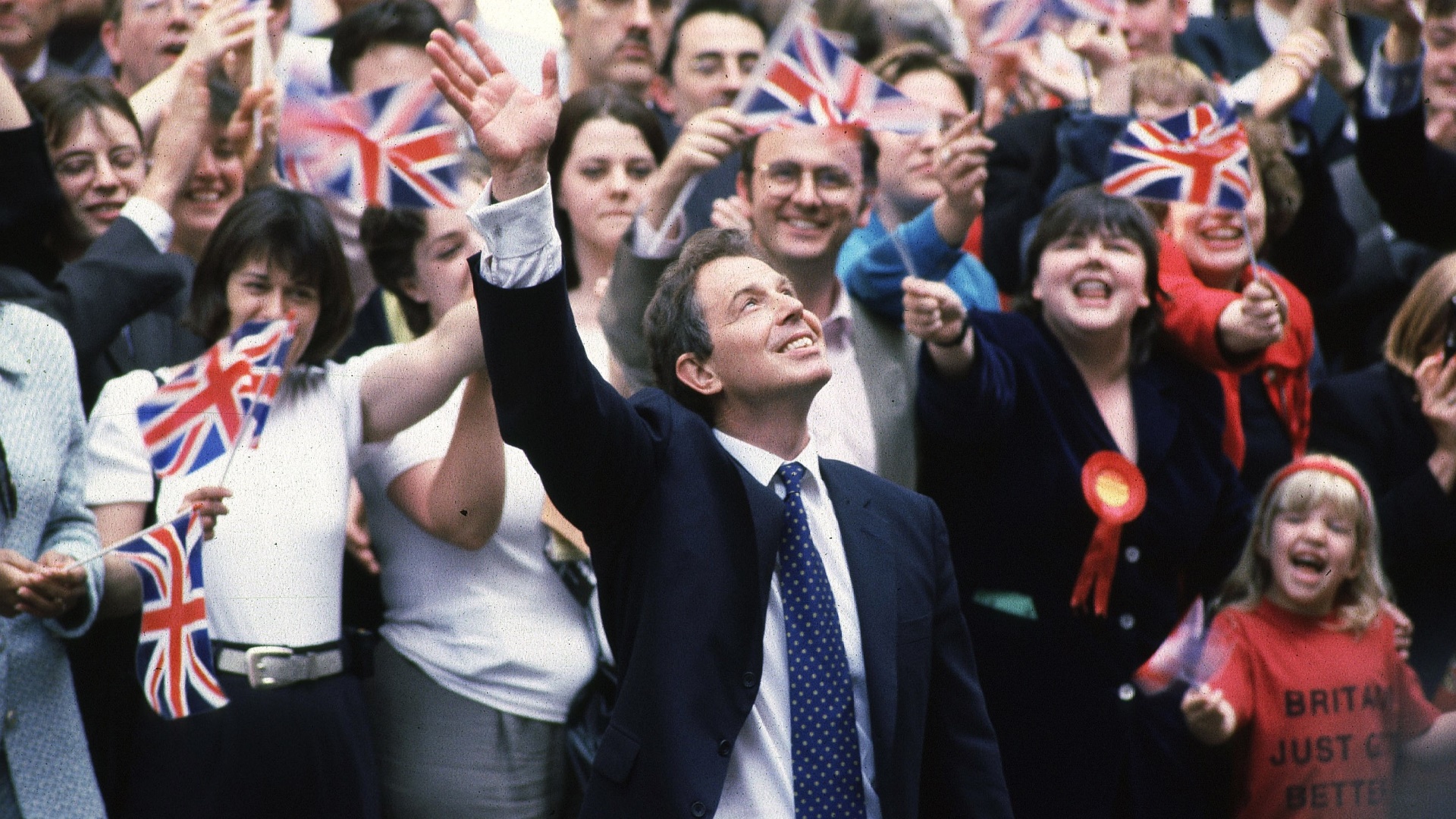It is fashionable across all stripes of UK politics to fret (or celebrate) that Labour’s superficially dominant polling lead is soft, as a nation struggles to muster much enthusiasm for Keir Starmer’s brand of politics.
Conservatives hope for a recovery in the polls that could allow them, 1992-style, to limp on for another term – given the party currently has over 150 MPs more than Labour does, this is not necessarily a doomed aspiration. Labour needs something close to a 1997-style result just to have a majority of one.
It is no surprise, then, that people are somewhat nervous that Starmer doesn’t appear to have any sweeping new-era-of-government style of idea. It is to be expected that the Conservatives would feel short of big plans, given they are 13 years into government and now on their fifth prime minister – but people find themselves more critical of opposition when it feels like more of the same.
The logic from Starmer’s camp is that it is competence and stability that the British government are looking for, especially after years of serial crises – a move compounded by the party’s desire to be reassuring to the public after the apparent radicalism of the Corbyn 2019 manifesto, which was so roundly rejected by the electorate.
But to restrict the apparent paucity of ideas to Starmer is to vastly underestimate the scale of the issue: it is arguable that the last major ideology of the UK was devised under Margaret Thatcher in the 1970s, and we’ve just been muddling on ever since.
Thatcherism was an antidote to the post-war consensus, which aimed for full employment and for cooperation between government, business and trade unions – with Keynesian economics (suggesting governments should spend more during recessions, and less during growth) at the core.
That settlement appeared to be degrading by the mid-to-late 1970s. The UK was hit by a particularly painful combination of persistently low growth alongside stubbornly high inflation, leading to endless strikes on a scale that make even our recent travails on that front look trivial.
Thatcher’s philosophy centred on monetarism: instead of trying to prop up employment and economic growth, the government’s role should focus on “sound” money – doing what was required to tackle inflation, enduring the subsequent pain of such measures, and then enjoying more sustainable growth from the private sector.
Even strategic industries should be able to wash their own faces and make a profit: the state should not top up unsustainable businesses just to keep people in their jobs, even in deprived areas – the logic that drove Thatcher’s famous confrontations with the unions, particularly the miners.
Thatcherism governed the UK until 1997, but Blairism was hardly a thorough rejection of it, but rather a softening. Labour under Blair essentially sought to argue that much of what Thatcher had administered to the country had been necessary medicine, but that it could perhaps have been delivered more gently.
The state should not subsidise unprofitable industries, just to prop up employment, but it could engage in retraining and make welfare more generous. Controlling money supply (and thus inflation) was important enough that making the Bank of England independent was one of the earliest policy moves of Gordon Brown’s premiership – a move that Thatcher could herself have implemented.
Blairism did believe in public services and a bigger role for the state more generally, but it is better thought of as a moderation of Thatcherism than as a successor to it, and the same holds to an even greater extent of what was to follow.
At first, David Cameron and George Osborne pledged to follow on with the economic and spending plans of New Labour – only turning on them as an arch-monetarist response to the global financial crisis with austerity.
Once again, though, this was not some new economic theory – instead of continuing Blair’s moderated Thatcherism, Cameron and Osborne became more Thatcherite than Thatcher, cutting public services more than she ever did.
There has been little coherence in anything that has followed since, with Brexit and Covid responses overwhelming any kind of intentional policymaking for anyone except Liz Truss, who didn’t last long enough to leave the slightest of marks, other than to necessitate no ideology for her successor but for clearing up after her.
The result is a government that is functioning largely on autopilot, trying to run one of the world’s largest economies with the fag end of ideas formulated for the 1970s – a decade that ended 43 years ago.
There has been nothing even raising its head as a new ideology for the UK from, really, any party. For all its supposed radicalism, Corbynism was at its core little more than a resurrection of pre-1979 politics: nationalise some more things, spend some more, introduce higher tax rates for the rich.
Environmentalism could become the core for a new economic thesis, but is riven with divides. Is environmentalism about conservation, which would mandate for preserving natural spaces, slowing development and preserving heritage? Or is it about building a green tech future to keep the UK at the cutting edge – suggesting we develop more rail, support green tech industries, and maybe even invest in nuclear? Or is it even an acceptance that we should write off growth as a bad thing, a product of the carbon-emitting age, and instead prepare ourselves for a future in which we are poorer than we are today?
A strategy based on accepting the scale of change the world needs to decarbonise could provide the morsel for a new system of government and an offer to the public that includes a vision for the future – instead of yet more promises to muddle through and apply old solutions to new problems.
The only problem is finding someone to think it up, let alone to package and sell it to the public – both of which oddly seem like insurmountable tasks for our current political class. But this is the minimum we should expect from them, the most fundamental qualification for someone trying to run a country.
We could perhaps generously note that this is hardly a solved problem in most other countries, either – and even where countries come to viable political and economic settlements, they never last forever. Oil miracles come and go, and even the vaunted Scandinavian social democratic models have their own shortcomings.
Even given that, it is obvious to anyone that the UK is a polity that has run out of big ideas. It is alarming that our political leaders are only seeming to offer up the small stuff.




